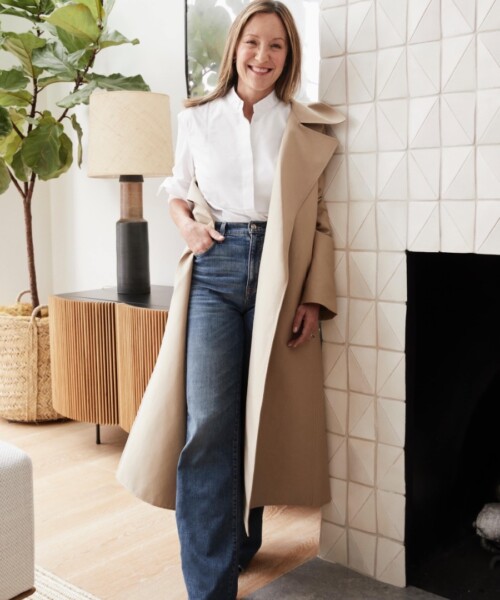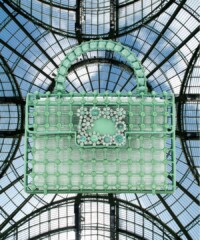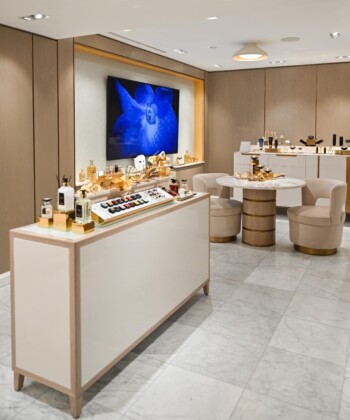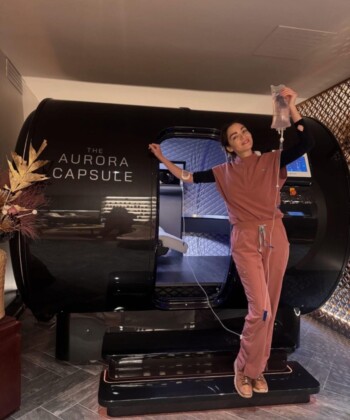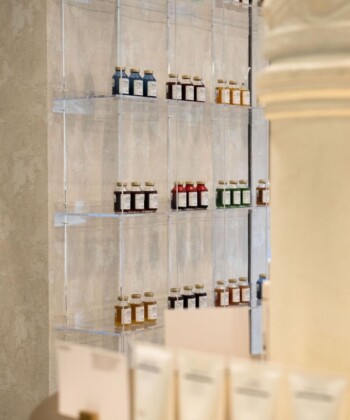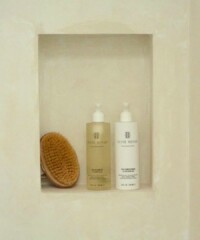When it comes to clean beauty cult favorites, Beautycounter’s inky-black mascara and brightening vitamin C serum rank high on the list. Now, devotees can finally dip into fragrance from the non-toxic cosmetics leader. After 11 years, the brand is launching Clean Eau de Parfum, a formula that’s free of potentially harmful ingredients including phthalates (chemical compounds that help bind scent molecules to skin but are known endocrine disruptors). “We’ve gone to great lengths to protect health and safety,” Beautycounter founder Gregg Renfrew says of the new juice.
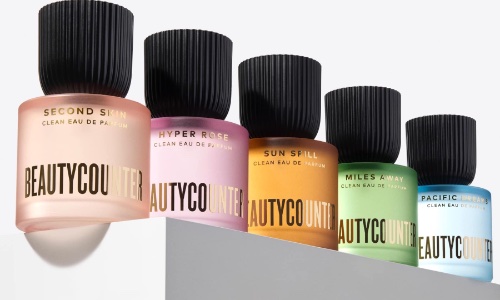
Clean Eau de Parfum, $96, BEAUTYCOUNTER, beautycounter.com
Renfrew’s current favorite of the group of five scents is Hyper Rose, a heady bouquet of earthy blooms including tuberose, gardenia and Turkish rose. Crafted with fragrance house Robertet using natural ingredients and safe synthetic essences, the range also includes Miles Away, a woodsy, bergamot-laced blend softened by sandalwood; zingy Sun Spills, with bright notes of grapefruit, neroli and jasmine; Second Skin, containing sensual wafts of vanilla and sandalwood and aquatic Pacific Dreams, laced with fresh lemon and bergamot. “Scent should be an extension of your personal brand,” Renfrew says.
In lieu of phthalates, a synthetic sandalwood oil gives the formula staying power but, since clean fragrances tend to be a bit lighter, she suggests anointing spots that are naturally warm to amplify notes. “It’s a little bit behind the ears, on wrists, a little under the arms.” But never go overboard. “I always like to remind people that a little goes a long way—you want to apply just enough so that people know they’re in your world, but not so much that they’re still smelling you 30 minutes later.”
The fragrances may smell amazing, but the brand’s mission is more than just a pretty moment. Renfrew also believes the radical transparency of ingredients in this new line (as opposed to traditional fragrances on the market) offer a great teaching moment to help consumers become more aware of what they’re putting on their bodies. After helping to pass laws including MoCRA (which gives the FDA greater authority to regulate cosmetics,) “we wanted to create an opportunity to really educate the masses on safer ingredients and increased disclosure.”
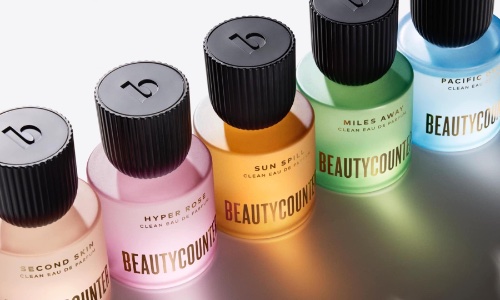
Clean Eau de Parfum, $96, BEAUTYCOUNTER, beautycounter.com


























